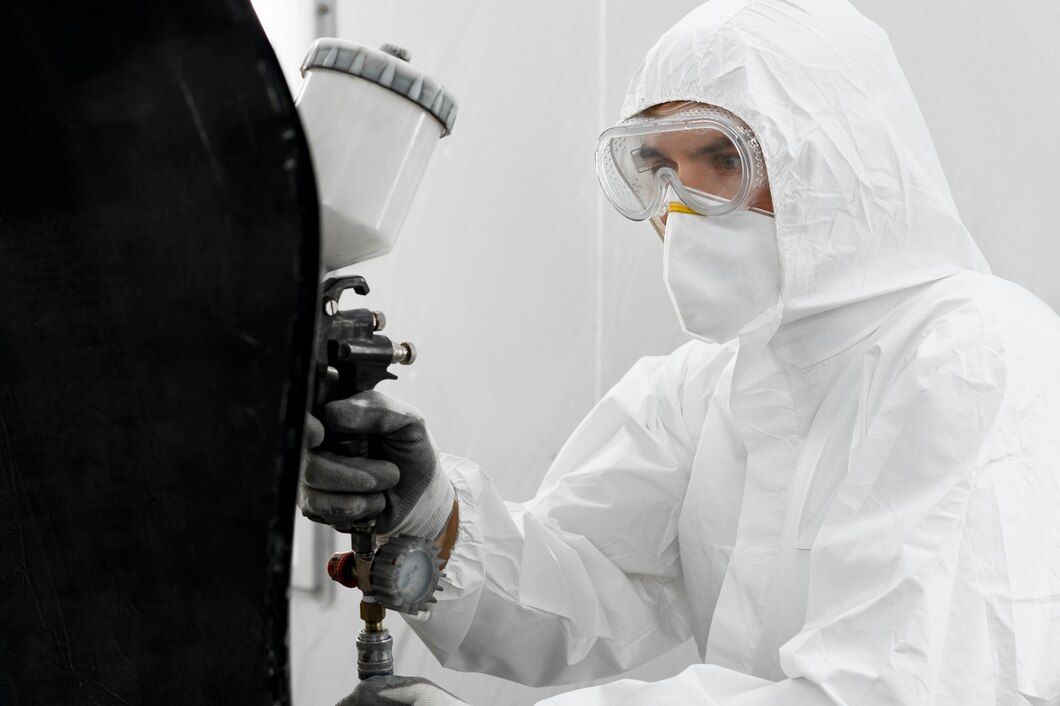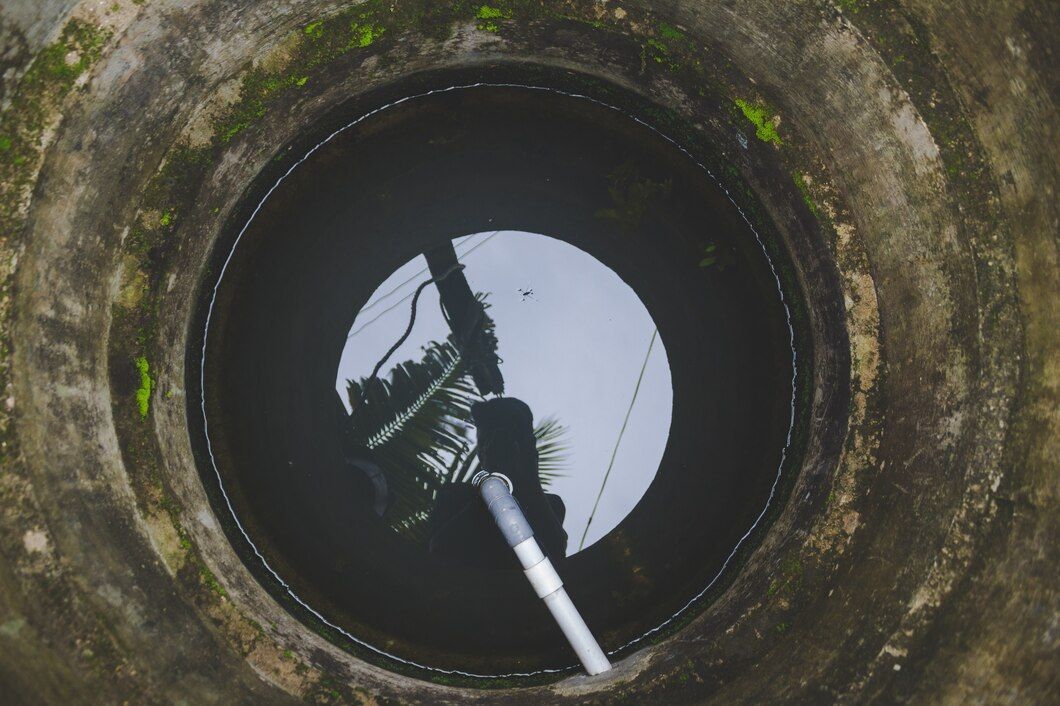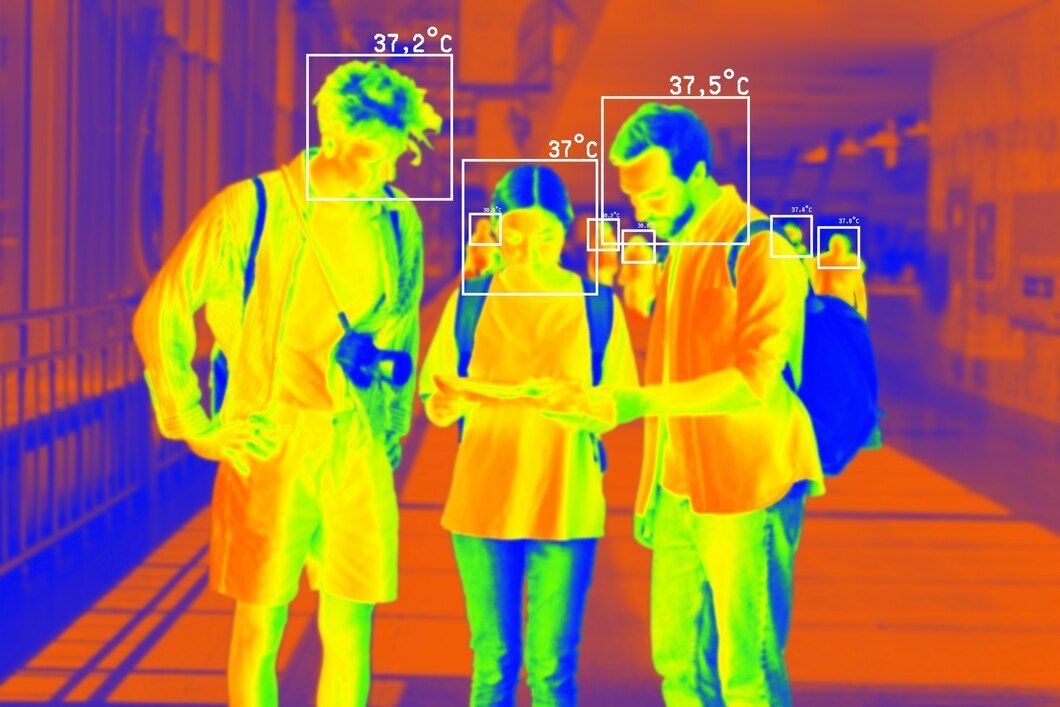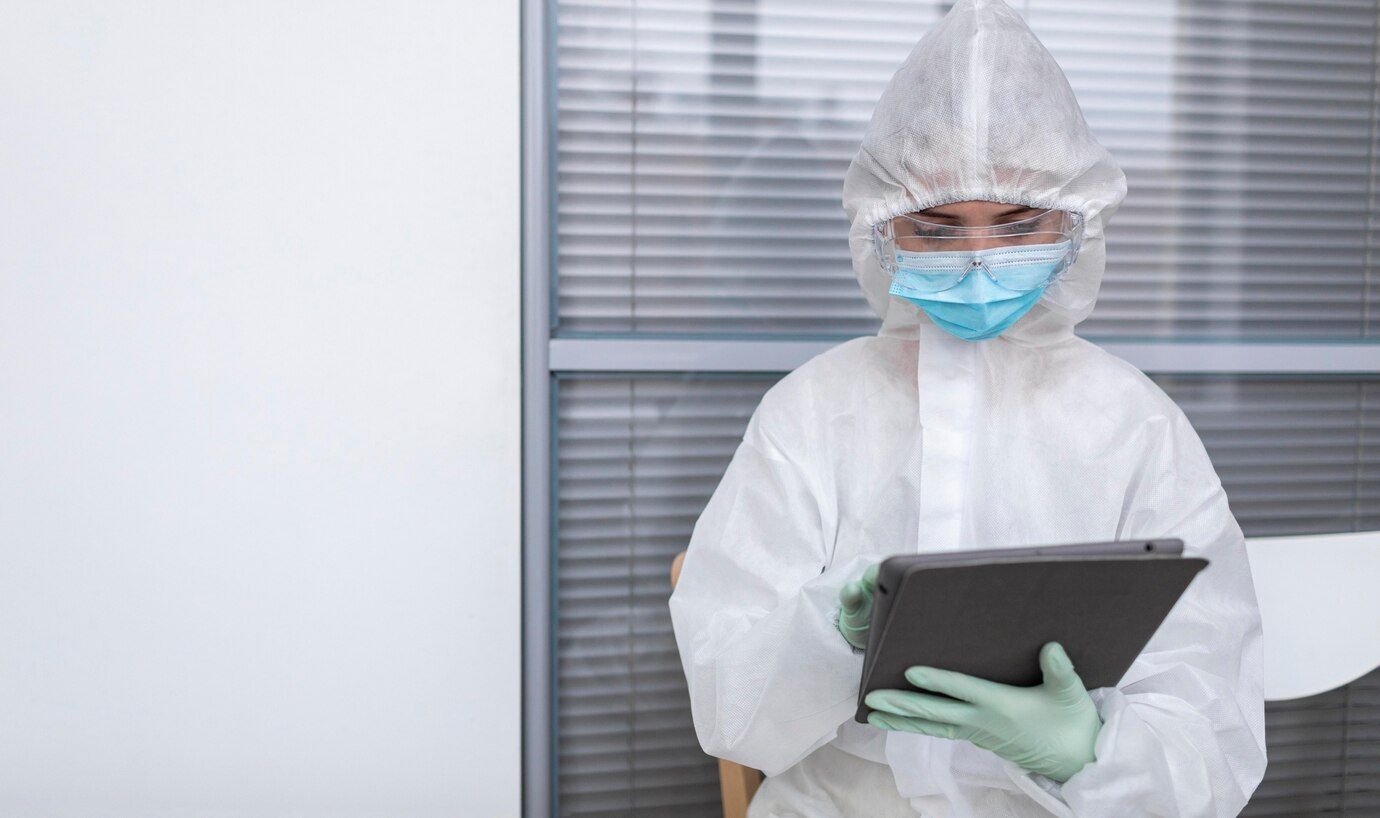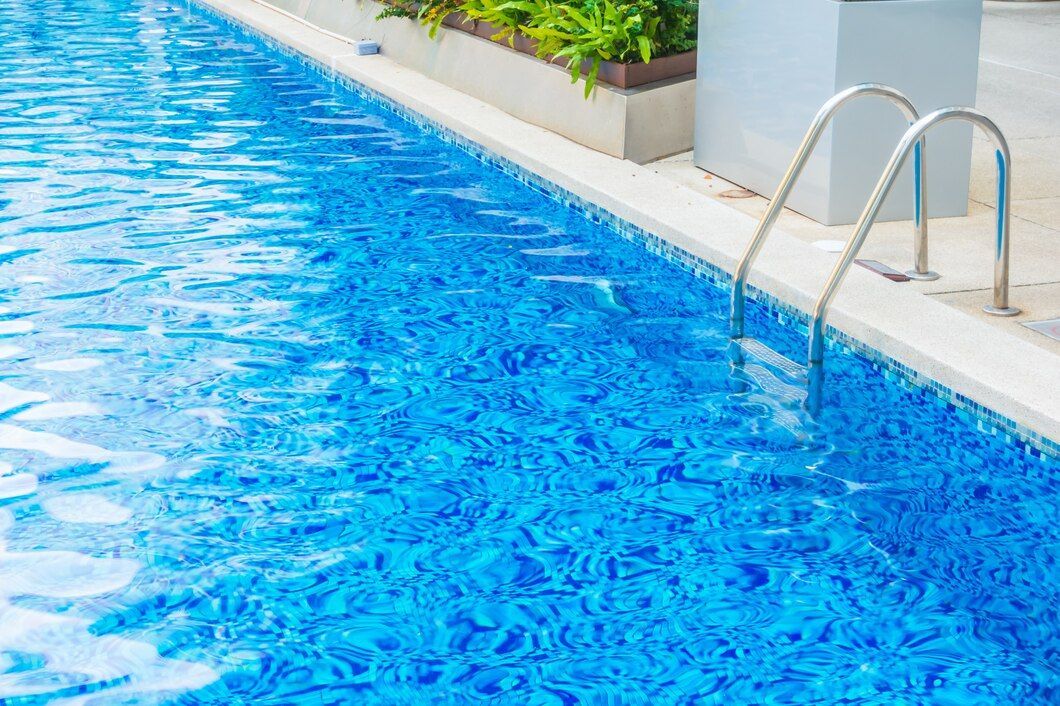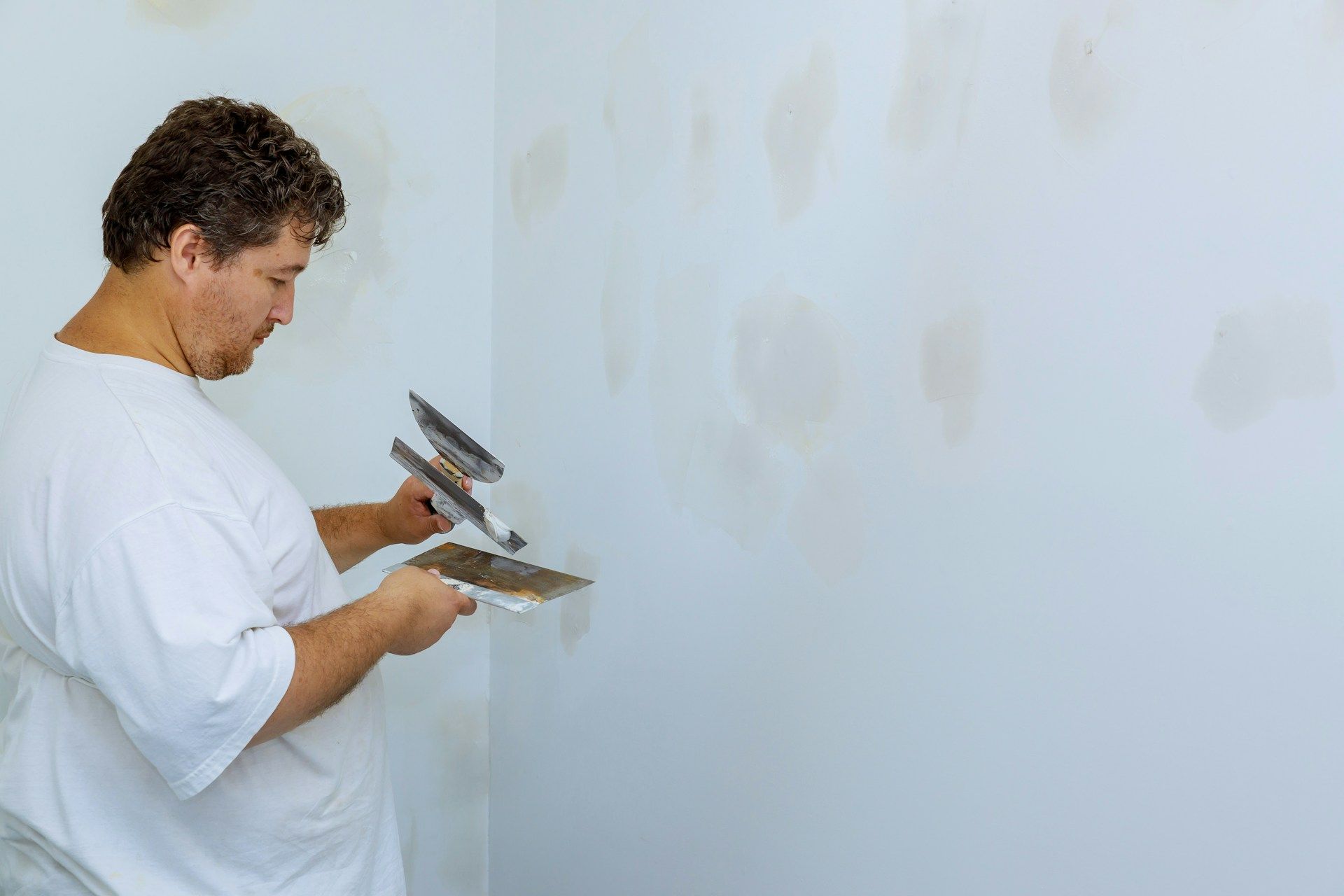Comprehensive Guide to Thermal Imaging in Home Inspections

Buying a new home is an exciting but stressful process. There's so much to consider, and you want to ensure that the property is safe, sound and has no hidden issues. One invaluable tool that has emerged in the world of home inspections is thermal imaging. In this comprehensive guide, we'll discuss the importance of thermal imaging in home inspections, the benefits it offers, and why it's essential for any serious homebuyer, seller, or homeowner in Maryland.
At its core, thermal imaging is a non-invasive technology that uses infrared cameras to identify temperature differences across surfaces. In a home inspection setting, thermal imaging helps detect issues that may not be visible to the naked eye, such as water leaks, insulation problems, or electrical overheating. By identifying these issues early on, homeowners can address them before they become expensive, time-consuming, or potentially hazardous problems.
In Maryland, where weather conditions can lead to various seasonal issues – from moisture problems to energy inefficiencies – thermal imaging is a critical component of a thorough home inspection. It provides invaluable insights into hidden problems that could impact the property's safety, comfort, and long-term value.
Understanding Thermal Imaging Technology
Thermal imaging technology relies on infrared cameras that measure the surface temperature of various materials. An infrared camera detects the heat emitted from an object and converts this information into a visual representation on its screen. This visual displays temperature differences in a color-coded scheme – typically, cooler areas appear in shades of blue, while warmer areas are displayed in shades of red. This differential in colors enables inspectors to identify anomalies, which can signify potential issues.
It's essential to note that a thermal imaging camera does not see through walls or any other opaque materials. Rather, it detects the heat emitted from surfaces in direct contact with those hidden issues. So, while the technology can't see directly into the wall, it can detect a temperature difference on the wall's surface, which could imply a problem behind it.
Common Issues Uncovered by Thermal Imaging
1. Water Damage and Moisture Problems
Excess moisture and water damage can lead to mold growth and cause structural problems within a building. Unfortunately, these issues can be incredibly challenging to detect visually. This is where thermal imaging comes into play. Moisture-laden walls and surfaces have a different temperature compared to surrounding dry areas. An infrared camera can pick up these temperature variations, showing areas where moisture may be an issue. Early detection can prevent costly repairs and potential health risks associated with mold and water damage.
2. Insulation Inadequacy and Energy Efficiency
Energy efficiency is a growing concern for homeowners – no one wants to waste money on high utility bills if they can avoid it. Good insulation plays a significant role in maintaining a comfortable indoor environment, cutting down energy consumption. Thermal imaging can reveal spots where insulation is inadequate or entirely missing. The visual colors on the infrared camera display cooler areas where heat is escaping, which can signify a need for insulation improvement or repair.
3. Electrical Faults and Overheating
Overheating electrical systems can be dangerous and lead to fires if left unchecked. Thermal imaging is highly effective in detecting issues like overloaded circuits, faulty wiring, or damaged electrical components, which can manifest as either unusually warm or cool spots. Using this information, electricians can address the problems before they escalate into hazardous situations.
4. Pest Infestations
While it may not be the first thing that comes to mind, thermal imaging can help uncover unwelcome visitors in your home – pests like rodents or termites. An infrared camera can reveal the temperature differences caused by these pests' activity, giving homeowners the necessary information to take appropriate action and prevent further damage.
The Thermal Imaging Process in a Home Inspection
During a home inspection, the inspector will use a handheld infrared camera to systematically scan the various areas of the property. It's a methodical process, ensuring that they cover all accessible surfaces, including walls, ceilings, windows, doors, and floors, among others.
Upon finding an area with a suspicious temperature difference, the inspector will further verify the issue. In some cases, that may involve using a moisture meter or any other specialized equipment to pinpoint the exact problem more accurately. Essentially, the thermal imaging camera serves as an initial indication of potential issues, which then leads the inspector to investigate more thoroughly.
It's crucial to remember that interpreting thermal imaging results requires training and experience. Expertise in understanding the camera's readings and correlating them with the property's specific conditions is vital in providing an accurate assessment. Consequently, always choose a qualified and experienced home inspector when considering thermal imaging services.
The Benefits of Thermal Imaging in Your Home Inspection
Thermal imaging is an indispensable tool that has significantly improved home inspections. It allows for the early detection of potential issues ranging from water damage and insulation inadequacy to electrical faults and pest infestations. The non-invasive, accurate, and efficient nature of the technology streamlines the inspection process, saving homeowners both time and money.
Investing in a home inspection with thermal imaging is a must for any homeowner or potential buyer in Maryland. It provides valuable insights into your property's condition and ensures the safety and security of your investment. A quality home inspection that includes thermal imaging serves as a solid foundation for negotiating repairs or pricing adjustments during real estate transactions, and ultimately, in making well-informed decisions.
At Next Level Home Inspections, we pride ourselves on offering top-notch
home inspections in Maryland that incorporate thermal imaging technology. Our skilled and experienced inspectors will help you uncover hidden dangers and ensure the safety, comfort, and long-term value of your property. Don't wait – schedule your next home inspection with us today.
Next Level Home Inspections is a family owned and operated business capable of providing full home inspections in Maryland that include radon and water testing as well as drone and thermal imaging.
NAVIGATION
Next Level Home Inspections is a family owned and operated business capable of providing full home inspections in Maryland that include radon and water testing as well as drone and thermal imaging.
NAVIGATION
LOCATION

